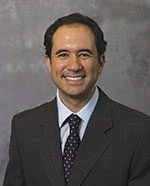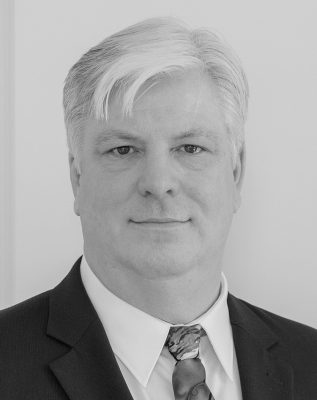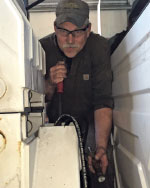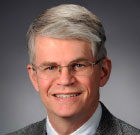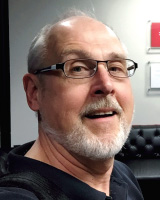Profile: Jose Garcia
When and where did your career in the fluid power industry start, and how was it a stepping-stone to where you are today?
It started when I was a master student at Purdue. I did not know anything about fluid power, but I soon realized how important this field of engineering is for all of us. I started working on a project involving water hydraulics, and ever since, I have developed a passion for this topic. This passion led me to the academic path I am on now.
What is the most memorable moment in your fluid power career, and what did it teach you?
One of the moments I remember is my first conference presentation as a graduate student. I was quite impressed that so many people could be genuinely interested in my talk; they were asking questions and making insightful comments.
What do you feel is the most important achievement in the fluid power industry?
In my opinion, the integration of fluid power and electronics is quite a significant achievement. This achievement has allowed the fluid power industry to go further and be relevant in today’s technology. I dream of the day when we have miniature robots, orthopedic, and orthotic implants powered by some kind of hydraulic or pneumatic device.
How and why did you get involved in the IFPS?
I was invited to one of the annual meetings. I felt it was an important event because the people there really cared about fluid power and were interested in making this industry succeed and go beyond its present state.
Why do you feel the IFPS is important?
I see the IFPS as an agent for promoting networking opportunities for people working in the fluid power industry. Whether you are in sales, R&D, management, academia, or any other function, as a professional you need to interact with colleagues in your field if you want to advance in your career. IFPS not only provides those opportunities to network with peers, but also encourages its members to be involved and to stay current. It does so through the various certification programs, education programs, annual meetings, and conferences.
How has your involvement with the IFPS helped your career?
I have met people who have become collaborators or indirect sponsors of my projects. I have also enjoyed attending conferences, like the Energy Efficient Hydraulics and Pneumatics Conference. I have also benefited from the certification program because it allows me to stay current and attain recognition for my experience in fluid power.
Where do you see the fluid power industry heading in the next 10 years?
I feel there are a number of applications yet to be explored, particularly in fields like medicine and renewable energy. I believe the fluid power industry has the capability and the opportunity to be used where other technologies can’t. Fluid power components are power dense, relatively inexpensive, and very reliable, making them ideal for compact applications that require forces and speeds other technologies cannot achieve. I think we will see more hydraulic hybrid vehicles in cities. Perhaps we will also see some renewable energy machines start using fluid power as a way to transform, control, and transmit power. If this vision is true, then fluid power component manufacturers will have to start producing new pumps, motors, and valves capable of achieving new operating conditions that are far different than those seen in typical mobile or industrial applications.

